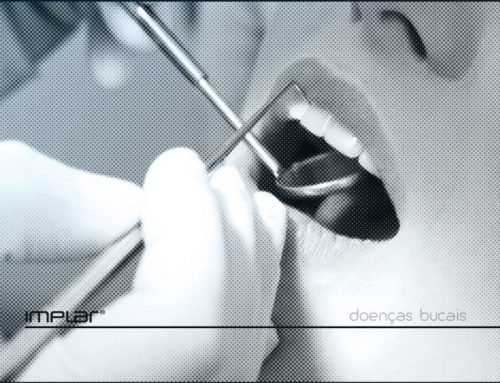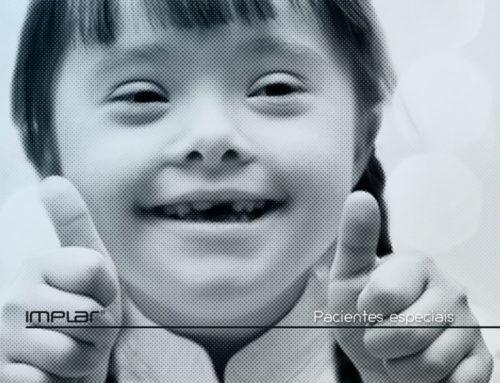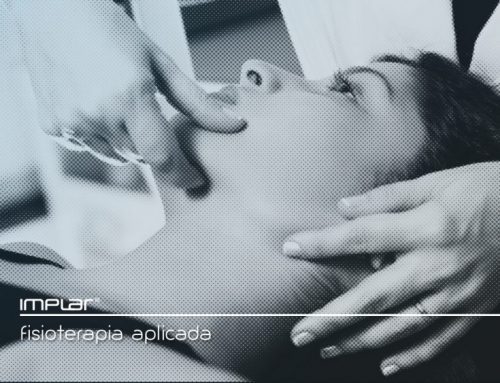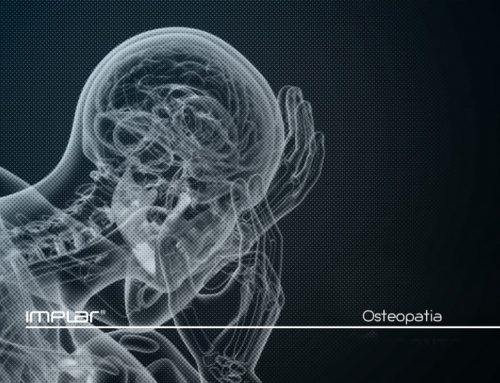Snoring and Sleep Apnea
Whoever believes that snoring is just an embarrassing and uncomfortable situation is wrong. Snoring is a disease, which if not treated properly can evolve, bringing numerous health risks.
Like eating, sleep is important to the life of every human being. We spent a third of our lives asleep. But the amount of hours we sleep is not the most important, but the quality of sleep.
Restful sleep is one that gives us the sensation of rest when we wake up, where we produce and metabolize several substances important for the functioning of the organism. If we do not have restful sleep, we can indirectly affect our professional, family, social life, and directly harm our health.
What is sleep apnea?
Obstructive sleep apnea (OSA) is characterized by repeated pauses in breathing during sleep due to obstruction of the upper airway (throat), usually accompanied by reduced oxygen saturation in the blood and followed by a micro arousal to breathe.
Who snores have Apnea?
Not necessarily. Some people snore and do not have Obstructive Sleep Apnea (OSA). And it is possible, though extremely rare, that some people have Apnea, but do not snore.
Symptoms of Sleep Apnea:
- Irritation
- Difficulty concentrating
- Sweating (excessive sweating)
- Tiredness
- Snoring
- Memory change
- Decreased libido
The Consequences of Untreated Sleep Apnea:
- 90% increase in the chances of having a stroke
- Sexual dysfunction (IMPOTENCE and LOSS OF LIBIDO).
- Emotional disorders such as DEPRESSION, ANXIETY, BAD MOOD and difficulty concentrating.
- Drowsiness during the day which can lead to gradual loss of memory and reduction of work efficiency.
- Problems of RELATIONSHIP due to constant snoring at night.
- Increase of 77% in the chances of having HYPERTENSION.
- Increase of 25% in the chances of having diseases in the CORONARY ARTERY.
- 4X more likely to present CARDIAC ARRHYTHMIA.
- Morning headaches caused by insufficient oxygen during sleep.
- Weight gain, obesity, and gastric reflux. (Studies indicate that in 90% of cases of OSA the patient is above their mean weight).
- Noctria (frequent urination at night)
Tips for Sleep Hygiene:
- Respect your bedtime.
- Keep regular sleep times.
- Avoid staying in bed after the need for sleep has been met.
- Avoid exposure to bright light at night, such as sleeping with the TV on.
- Avoid very hot bath before bed.
- Follow rituals and routines that leave you relaxed.
- Regular exercise improves sleep quality.
- Avoid afternoon naps
- Do not think about tasks or matters that worry you before bed.
- Avoid eating too much before going to bed, but not to bed hungry.
- Avoid caffeine after dinner.
- Do not drink alcohol for 6 hours before bedtime
- Avoid self-medicating to sleep.





